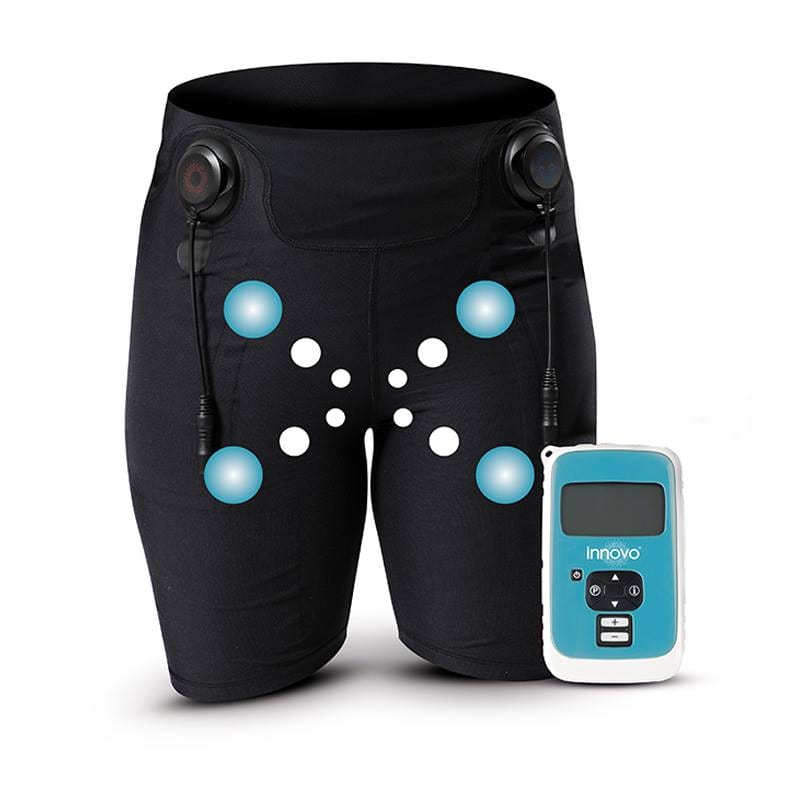Making Healthcare Accessible
Telemedicine Adoption, Remote Care, and Essential Ancillary Services in Haemophilia Care
Our project aimed to assess and adapt haemophilia service provision during the COVID-19 pandemic. Focusing on access, communication, and evolving patient needs, our goal was to ensure that haemophilia patients and their families received consistent and comprehensive care despite the challenges posed by the pandemic.
The Challenge
One of the significant hurdles in haemophilia services is the geographic and logistical barriers that patients face in accessing care. The pandemic exacerbated these challenges, disrupting access to essential services like dental care, physiotherapy, and psychological counselling.
The Execution
Initial one-on-one interviews with patients and healthcare providers informed a comprehensive survey. The results were presented at our clients annual clinical meeting. To address emerging needs, thought leadership articles were published, highlighting telemedicine and remote care’s role in enhancing service delivery.
The Result
Throughout this period, the services dynamically adapted to incorporate telemedicine and remote care for haemophilia patients who struggled to access traditional healthcare provisions. This innovation dramatically slashed travel times and bolstered access to vital care. Furthermore, it brought renewed attention to the integration of critical ancillary services—such as dental care and physiotherapy—into the broader spectrum of haemophilia care, ensuring a holistic approach to patient well-being.


